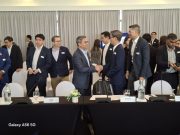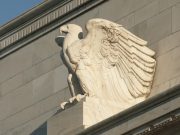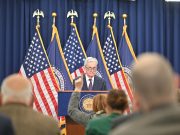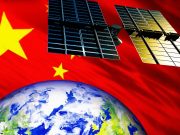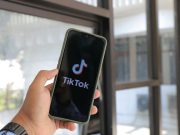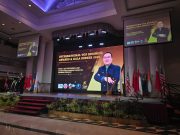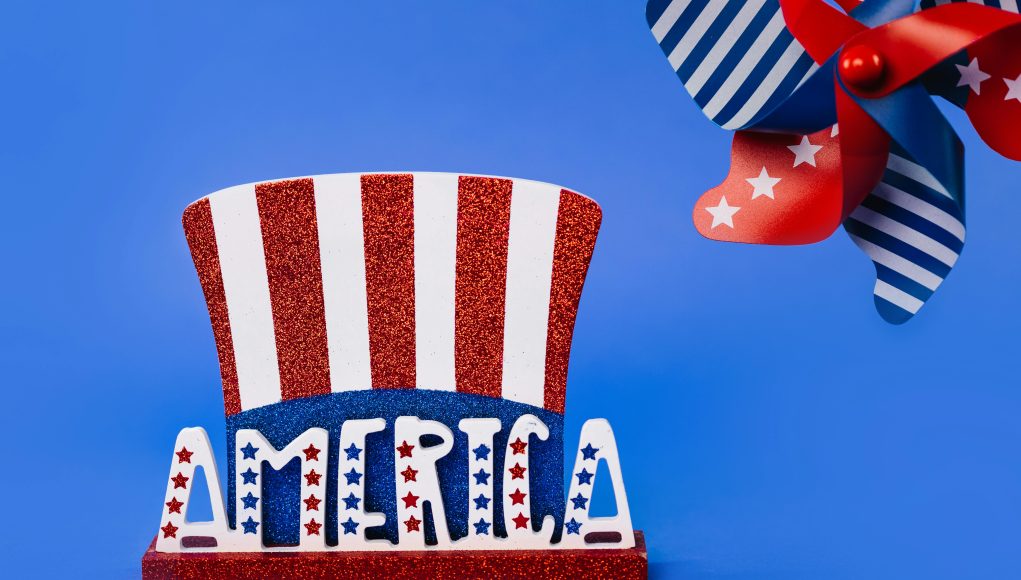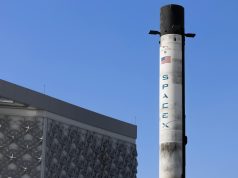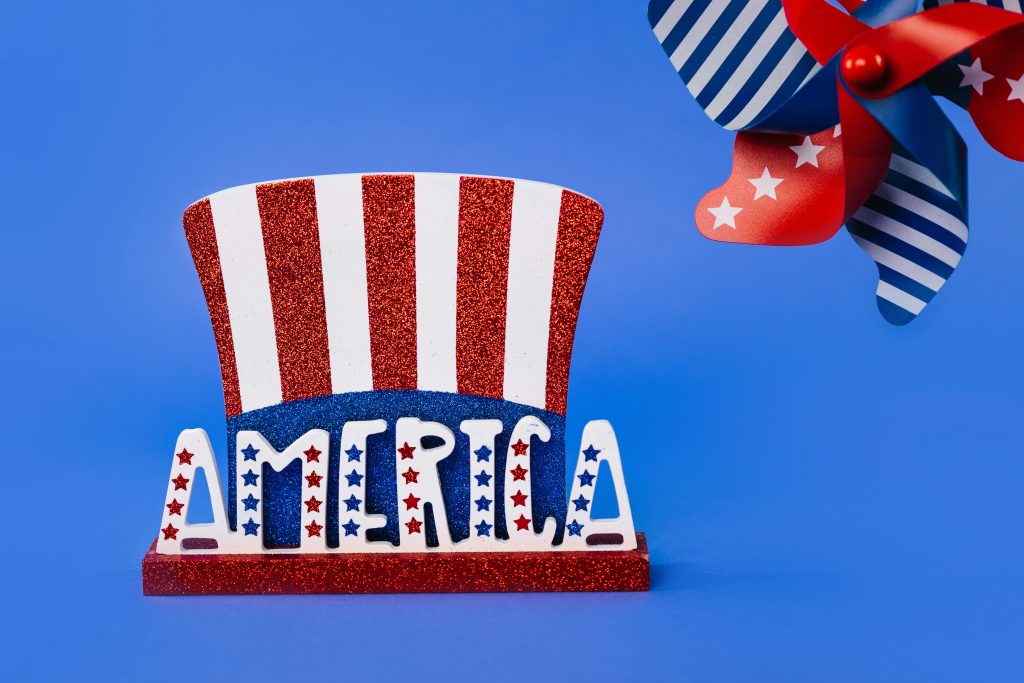
(Singapore, 11.08.2025)In a dramatic series of moves, the Trump administration is fundamentally reshaping the relationship between Washington and Silicon Valley, forcing major American chip companies to fall in line with its “America First” agenda. This has reportedly led to an unprecedented deal with Nvidia and AMD and has placed Intel’s new CEO in a precarious position ahead of a high-stakes meeting at the White House.
The Unprecedented Deal with Nvidia and AMD
According to sources familiar with the matter, Nvidia and AMD have agreed to a stunning compromise to sell their advanced AI chips to China. These sources state that, as a condition for obtaining export licenses for the crucial semiconductors—Nvidia’s H20 and AMD’s MI308—the companies will pay the U.S. government an unprecedented 15% of their revenues from these sales. This arrangement, described as a first-of-its-kind, signals a new era of direct government intervention in corporate profits. Neither company has officially confirmed the financial terms of the deal.
The agreement reportedly follows a period of intense pressure. The Trump administration had previously frozen the sale of these specialized chips to China as trade tensions between the two countries escalated. The export licenses were finally granted last week, just two days after Nvidia CEO Jensen Huang met with President Trump, according to a person familiar with the development.
The revenue-sharing agreement is seen by some as a clear signal that the administration is not only seeking to control where American technology goes but is also looking to directly benefit from its sale. An Nvidia spokesperson provided an emailed statement that the company “follows rules the U.S. government sets for our participation in worldwide markets” but did not confirm the specifics of the deal. AMD has not yet responded to requests for comment.
This compromise, however, comes with its own set of complications. The H20 chip, which Nvidia specifically designed for the Chinese market to comply with previous export controls, has become a target of criticism from Beijing. Chinese state media outlets have raised concerns about potential “backdoor” security risks and have questioned the chip’s technological merit. Nvidia has denied these claims, but the public criticism adds another layer of difficulty for the company as it attempts to sell its products in the world’s largest semiconductor market.
Intel CEO Called to the White House
Meanwhile, Intel finds itself in a different but equally precarious situation. According to reports, the company’s new CEO, Tan Lip-Bu, is heading to the White House today for a critical meeting with President Trump. The meeting was prompted by Trump’s public demand last week for Tan’s “immediate resignation.” Neither Intel nor the White House has immediately responded to requests for comment on the meeting.
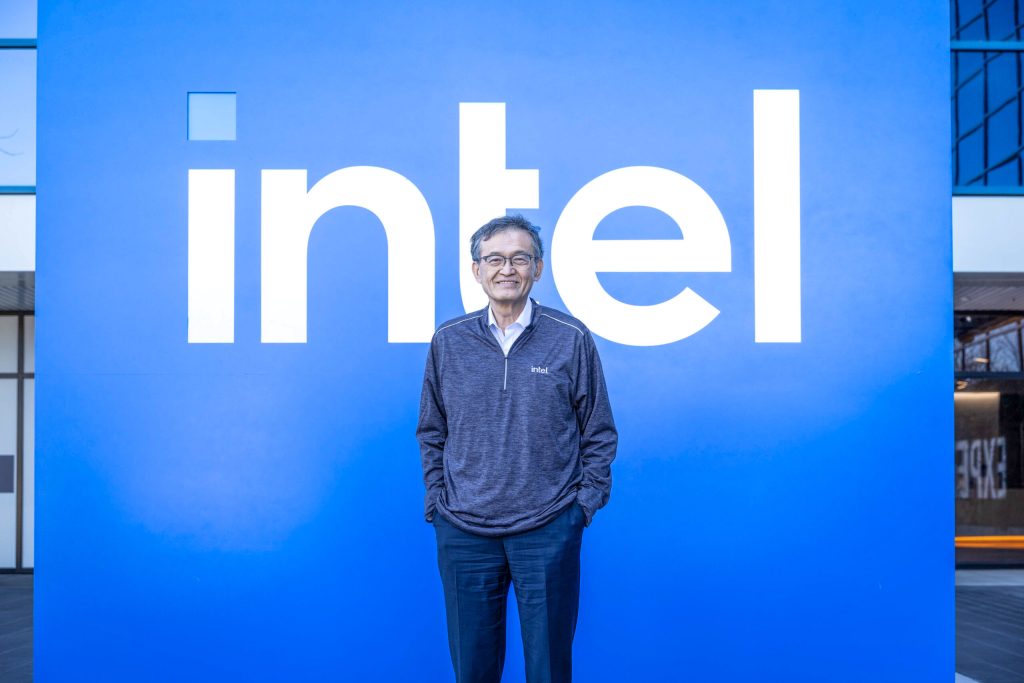
Trump’s demand stems from Tan’s past ties to Chinese companies. The president has called Tan “highly conflicted” due to his previous roles, including his time as CEO of Cadence Design, a company that recently pleaded guilty to violating U.S. export controls. Tan, who has only been CEO since March, has pushed back against these accusations in a note sent to employees, calling them “misinformation” and asserting his commitment to U.S. national security. In his note, he stated, “I fully share the President’s commitment to advancing U.S. national and economic security.”
According to people familiar with the matter, the visit is Tan’s chance to make his case directly to the President and to clarify his personal and professional background. For Intel, a company struggling to regain its dominance in the chip industry and a recipient of a massive $8 billion in CHIPS Act subsidies, the outcome of this meeting is crucial. It’s a clear test of whether a tech leader’s history of global business can coexist with the administration’s new protectionist and national security-focused stance.
A Broader ‘America First’ Policy
These events are not isolated incidents but rather the most recent examples of a broader shift in the Trump administration’s approach to the tech industry. In an effort to bring manufacturing back to the U.S., President Trump has also threatened a massive 100% tariff on semiconductors imported from countries that don’t produce chips domestically. This policy, which he announced in the Oval Office, is a significant departure from the previous administration’s strategy of using subsidies and tax credits.
The new tariff policy creates a powerful incentive for companies to build factories in the U.S., with companies like TSMC, Samsung, and SK Hynix already positioned to be exempt due to their commitments to U.S. manufacturing. The policy has caused global concern, with countries like Singapore and Malaysia voicing worries about the potential impact on their economies. This aggressive strategy demonstrates the administration’s willingness to use all available tools—from tariffs to direct deals and public pressure—to enforce its “America First” agenda on the global tech industry.
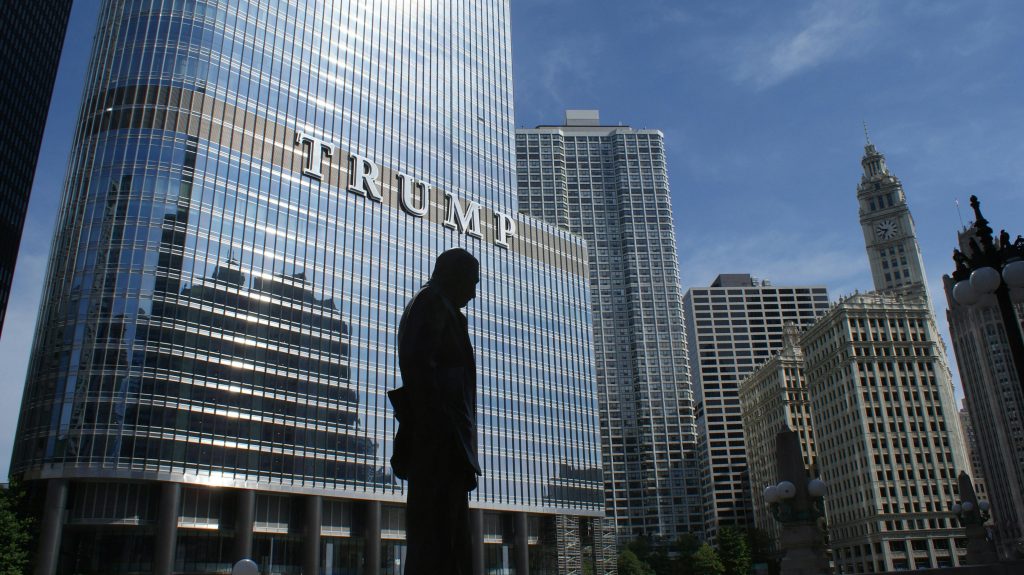
The reported revenue-sharing deal with Nvidia and AMD is particularly unique. No U.S. company is known to have ever had to hand over a share of its revenue as a condition for an export license. While the administration has yet to say how it will use the money, analysts project it could amount to billions of dollars flowing into U.S. coffers. This transactional approach, where companies are essentially buying market access with a portion of their profits, is a clear hallmark of the Trump administration’s style. For Nvidia, in particular, the deal is a calculated risk. The Chinese market is crucial for its growth, and the company has previously warned that being locked out of it would harm its ability to compete globally and fund future R&D. The H20 chip was seen as a way to maintain a foothold in China while complying with U.S. rules. Now, it seems that foothold comes at a significant cost.
The situation with Intel and its CEO is perhaps the most personal and public example of this new reality. Tan Lip-Bu’s long history in the venture capital world, which included numerous investments in Chinese tech companies, is now being scrutinized as a liability. The public demand for his resignation is a rare instance of a U.S. president directly targeting a sitting CEO. It sends a message to all business leaders that their past dealings and global connections will be under intense scrutiny if they conflict with the administration’s nationalistic agenda. Tan’s visit to the White House is not just a standard business meeting; it’s a test of his personal and professional legitimacy and a symbol of how the lines between corporate strategy and political loyalty have become increasingly blurred. The outcome will likely set a precedent for how American executives with significant ties to China are treated in the future.


